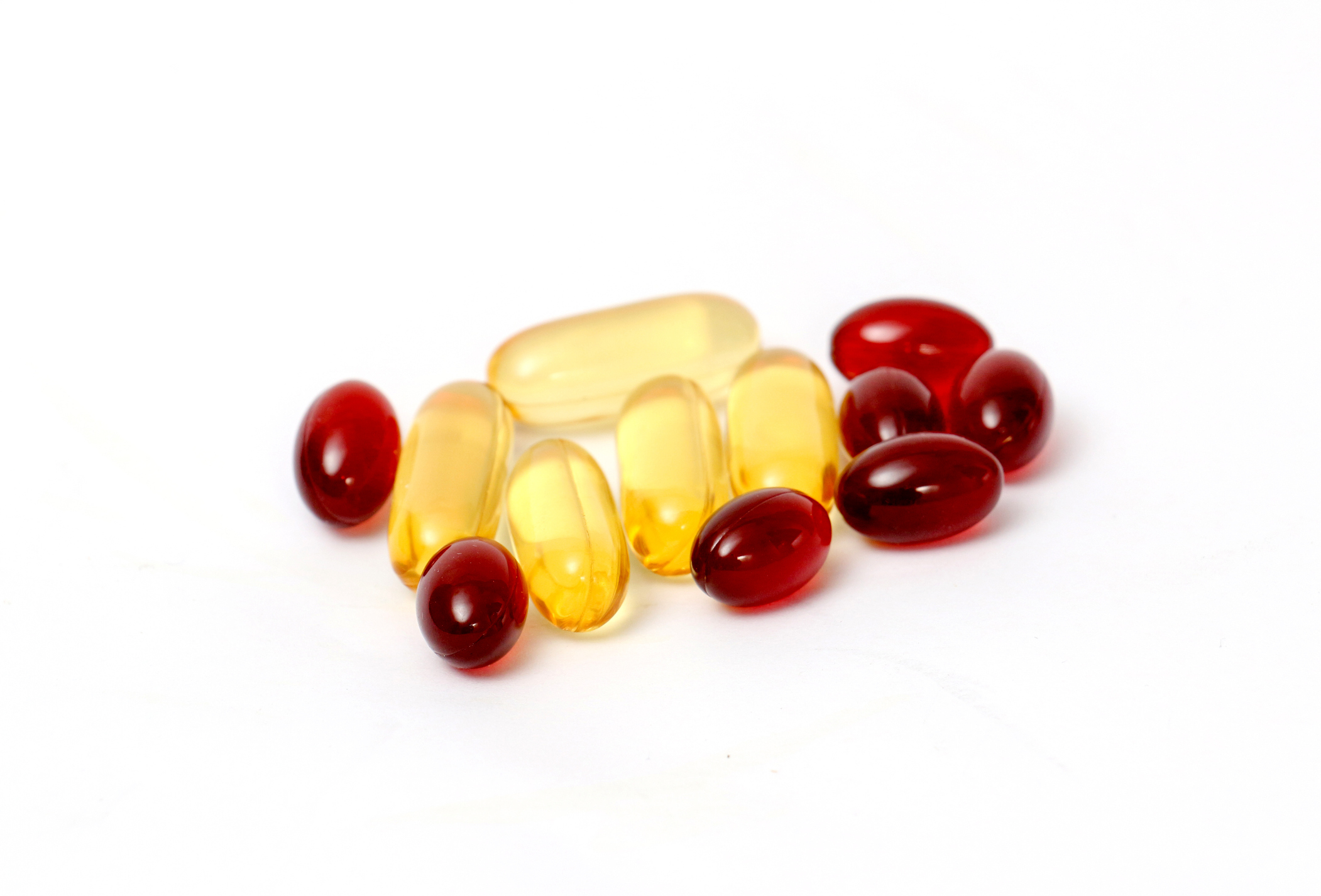Get Easy Health Digest™ in your inbox and don’t miss a thing when you subscribe today. Plus, get the free bonus report, Mother Nature’s Tips, Tricks and Remedies for Cholesterol, Blood Pressure & Blood Sugar as my way of saying welcome to the community!
7 reasons to get your omega-3s from krill oil

Omega-3 fatty acids are essential fatty acids, meaning that our body can’t make them from scratch; we have to get them from the foods we eat — mainly fatty fish. They control inflammation, as well as the contraction and relaxation of our artery walls.
If you want to support your heart and brain health or douse inflammation and arthritis pain — maybe even control your weight — your doctor may have recommended that you eat at least two servings of fish a week, following the guidelines of the American Heart Association, to get your omega-3s.
Fish oil supplements have become popular for these reasons — but they’re not your only choice and there’s some evidence they may not be the best choice.
Krill oil, derived from tiny, shrimp-like creatures that live in very cold Antarctic waters of the Southern Ocean, is an alternative source of omega-3s. Krill oil delivers the same health benefits as fish oil, and then some, and more pleasantly.
Here are seven reasons you may want to switch from fish oil to krill oil to get your daily dose of omega-3s…
1. Krill oil fats may be easier to absorb. The omega-3 fatty acids found in krill oil come in the form of phospholipids, rather than the triglycerides found in fish oil. Phospholipids form a “shell” around these fats, allowing them to be distributed and absorbed by the body more easily.
2. A powerful inflammation fighter. The red color of krill supplements comes from astaxanthin, an antioxidant shown to be 100 times more potent than vitamin E. Astaxanthin supports immune function, arteries, veins and the heart, promotes healthy nerve function (especially in your brain), helps guard against vision problems and acts as a natural sunscreen to help fight off abnormal cell growth.
3. Builds new brain cells. Scientists found that when they gave astaxanthin to mice for four weeks, it promoted neurogenesis (the growth of new brain cells) in the hippocampus and that those new cells had a greater-than-usual capacity for learning and memory.
4. Better at lowering LDL. Patients who took 1 to 1.5g of krill oil a day — compared to three times that dose in fish oil — showed a significantly greater decrease in bad cholesterol than the fish oil patients.
5. More brain-healthy EPA. DHA and EPA are two brain health-supporting omega-3s found in fish and krill oil. A small randomized clinical trial found that after supplementing for 30 days, subjects who took krill oil had 35.6 percent higher levels of EPA than those taking fish oil.
6. Easier to take. Krill oil capsules leave no fishy burps or aftertaste. Also, krill oil capsules are generally much smaller than fish oil capsules. Since the omega-3s in krill oil are more easily absorbed, less oil is needed per capsule.
7. It’s cleaner. Because krill are at the bottom end of the ocean’s food chain, they don’t have time to accumulate high levels of mercury or other contaminants.
Editor’s note: There are perfectly safe and natural ways to decrease your risk of blood clots including the 25-cent vitamin, the nutrient that acts as a natural blood thinner and the powerful herb that helps clear plaque. To discover these and other secrets of long-lived hearts, click here for Hushed Up Natural Heart Cures and Common Misconceptions of Popular Heart Treatments!
Sources:
Comparison of bioavailability of krill oil versus fish oil and health effect — Vascular Health and Risk Management
Krill Oil vs. Fish Oil for Heart Health: What’s the better Source? — Healthgrades.com
Krill oil versus fish oil: Small RCT shows EPA elevated with krill intake — nutraingredients.com
Why choose krill oil? Superbakrill.com
Krill Oil vs. Fish Oil: What’s the Difference? — Healthline













